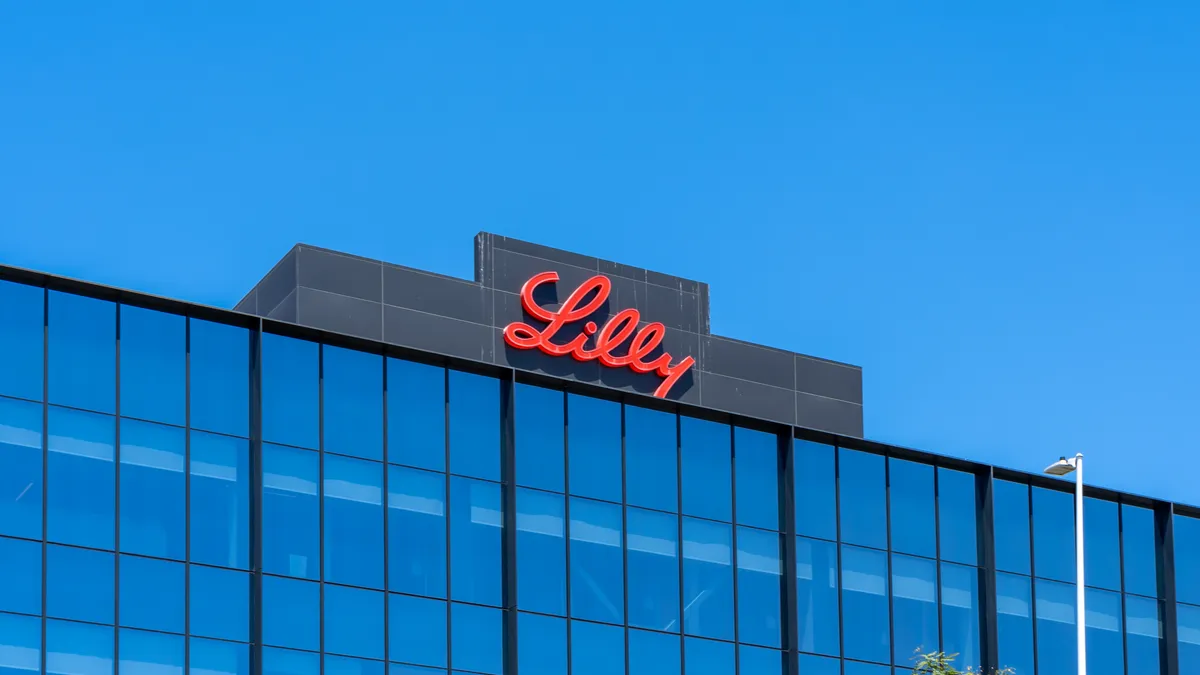Eli Lilly is taking AI’s potential seriously, announcing Tuesday the appointment of the Indianapolis drugmaker’s first chief AI officer.
Thomas Fuchs, until now the dean and department chair for AI and human health at Mount Sinai, will start in the role on Oct. 21, Lilly said. He will be tasked with setting the “strategic direction” for AI initiatives across Lilly, from the technology’s use in drug discovery to its use in clinical trials and manufacturing.
“In this new era of technology, the potential for artificial intelligence and machine learning to revolutionize health care is immense,” Diogo Rau, Lilly’s chief information and digital officer, said in the company’s statement.
The announcement comes the same week as scientists working on AI models won Nobel Prizes in chemistry and in physics, achievements that showcase the field’s rapid advances as well as its applications to scientific problems like how proteins fold into 3D structures.
At Mount Sinai, Fuchs worked to create AI tools that could help improve patient diagnosis and treatment, as well as make healthcare administration more efficient.
Prior to to his time Mount Sinai, Fuchs worked at Memorial Sloan Kettering Cancer Center, NASA’s Jet Propulsion Laboratory and the California Institute of Technology. He’s founded three companies, including Paige AI, a company that developed AI models for use in cancer pathology and diagnosis.
“The focus of my career was always to develop and build machine learning systems to improve human health and patient care,” Fuchs wrote in a LinkedIn post on his appointment. “I am also convinced that we are just seeing the early beginnings of what AI can do in drug development and in healthcare.”
Other pharmaceutical companies are reaching similar conclusions. Earlier this year, Pfizer appointed a former Stellantis and Nvidia executive as its chief AI and analytics officer. Companies like Merck KGaA and GSK have executives in similar roles.
Typically in pharma, such positions are nested underneath the chief information or chief digital officer, a role that larger drugmakers only began to add to their executive committees within the past decade.
Even as AI models improve rapidly, their usefulness in drug development has been met with some skepticism given the limits of existing data for training them, and the at-times hazy understanding scientists have of how certain diseases develop.
Quickly deciphering a protein’s structure is helpful, for example, but only by as much as knowing that protein’s shape is relevant in treating a disease. Similarly, AI models can help design compounds that can bind to a drug target, but if that target is erroneously selected, the AI-designed drug will fail just as readily as any other in the clinic.
AI models can have other applications in a company as large as Lilly, though, something the company indicated in describing Fuchs’ responsibilities, which will also cover use of AI in “commercial activities and internal functions.”
Moderna is doing something similar with its partnership with OpenAI, which is meant to embed ChatGTP-like chatbots in its employees’ workflow. So far, the biotechnology company’s legal team has been the quickest to adopt the tools.














